To better understand the capabilities of advanced controls in exterior and interior lighting systems, let’s take a look at how they can work for your business.
Lighting Control Systems – Components
Lighting controls for businesses are simple to operate, even though it uses several components operating in unison to create a comfortable and efficient workplace environment. The various components transmit data allowing organizations to maximize their energy efficiency and reduce utility costs.
Here’s a brief explanation of the various components included in a lighting control system.
Smart Sensors
An ideal lighting control system has smart sensors installed on every fixture. These advanced sensors automatically adjust light levels by responding to external stimuli such as motion, heat, and light. The sensors collect data and send the information to the gateways wirelessly.
Gateways
Gateways are the conduits passing data from the sensors to the energy management device. The gateways wirelessly collect data from individual sensors and also send updates and commands to the sensors. Think of gateways as a type of information highway.
Energy Management Device
An energy management device stores collected data. The tiny device also analyzes incoming information and provides a report of the collected data for viewing on an internet-based dashboard. You can often view the data on a connected smartphone or tablet.
Data Dashboard
The data dashboard provides data in real-time relating to energy usage and occupancy. Facility owners and managers can view data on individual fixtures or the entire lighting system. The dashboard allows users to adjust settings to fit specific needs. Custom settings can also be sent to individual fixtures.
Acting as the interface between the lighting system and the user, the data dashboard makes it easier for owners and managers to make energy-efficient decisions. It allows the user to take a holistic approach to energy management. You can pinpoint actions that will optimize energy savings and efficiency.
You can also take advantage of behavioral data. The information shows you how energy is being used and highlights unoccupied areas during business hours so you can adjust the lighting as needed.
Did you know we have an entire blog feed dedicated to Lighting Controls? We cover everything from lighting control strategies, product information, energy savings, networking, security, and so much more. You can find our Lighting Control Systems Blog Feed Here!
Types of Lighting Controls
Business owners can choose between a variety of lighting controls. As technology advances, the benefits increase. Occupancy controls are an example. The sensors not only turn the lights on and off. Some can also monitor room temperature and send the data to the HVAC system. Bi-level switching is another example.
Task-tuning lighting controls allow users to adjust the lamp’s brightness level to fit their needs. Automatic dimming controls are a good option in areas receiving plenty of natural light. The light levels in the space are automatically adjusted according to the amount of natural light in a space.
Lighting Control Installation from Action Services Group
Above are only a few examples of the various lighting controls for businesses. To learn more or to start your lighting retrofit, contact Action Services Group to find out how we can help. Call 610-558-9773, emailing [email protected], or schedule a call that fits your needs by clicking the button below.

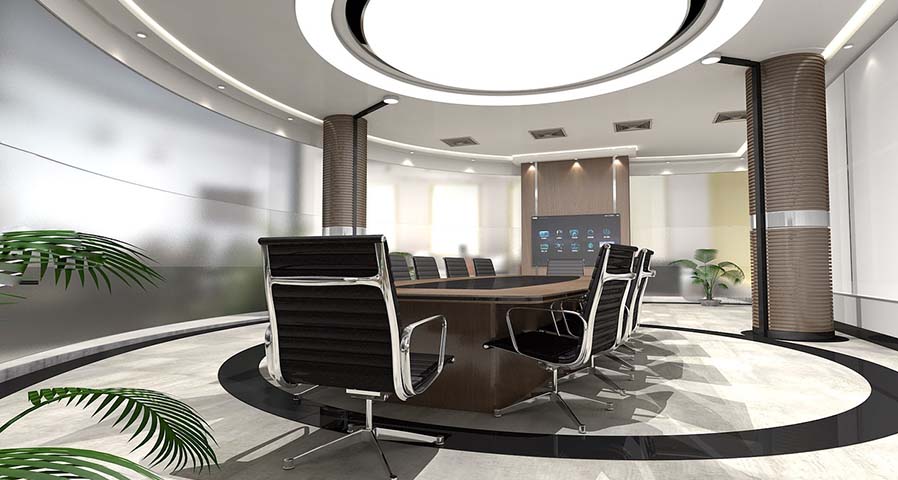
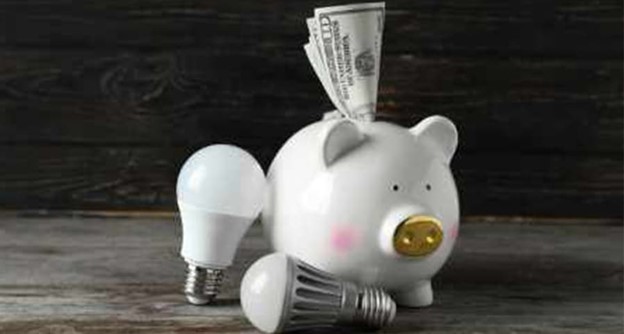
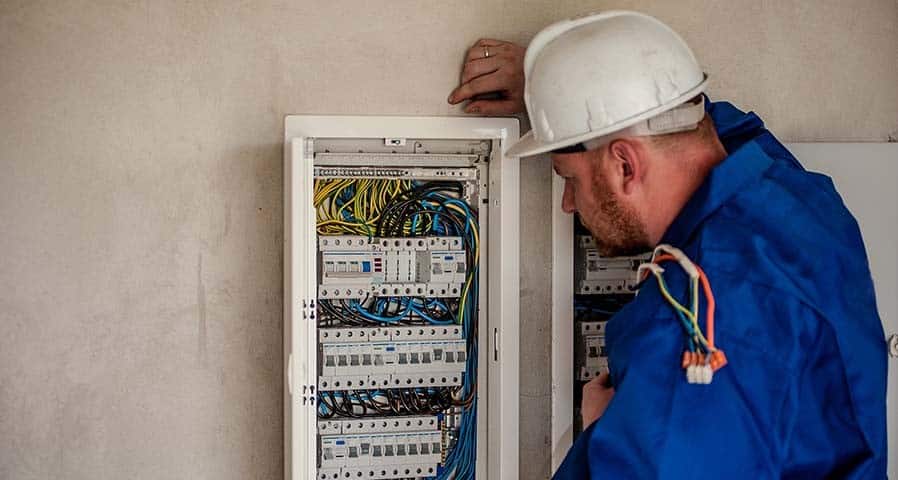
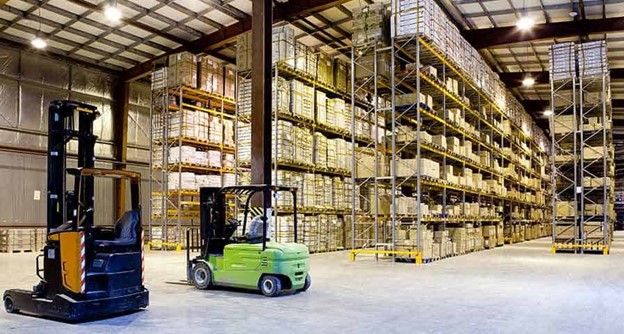
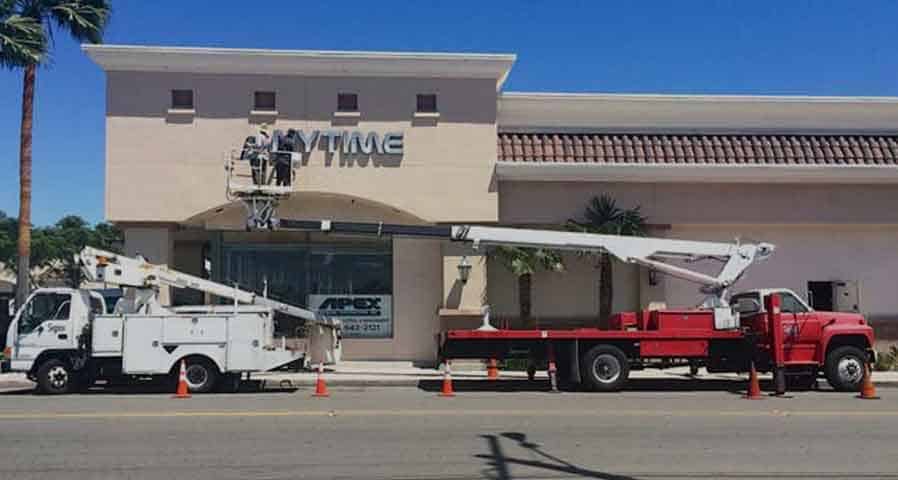
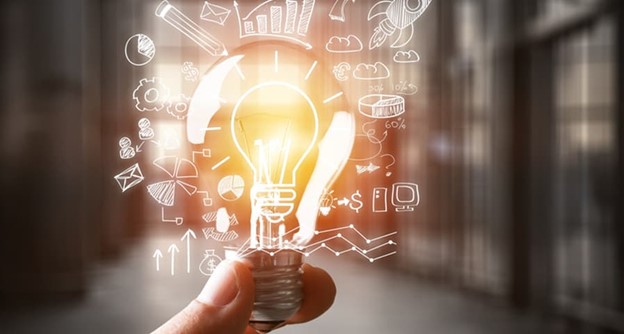
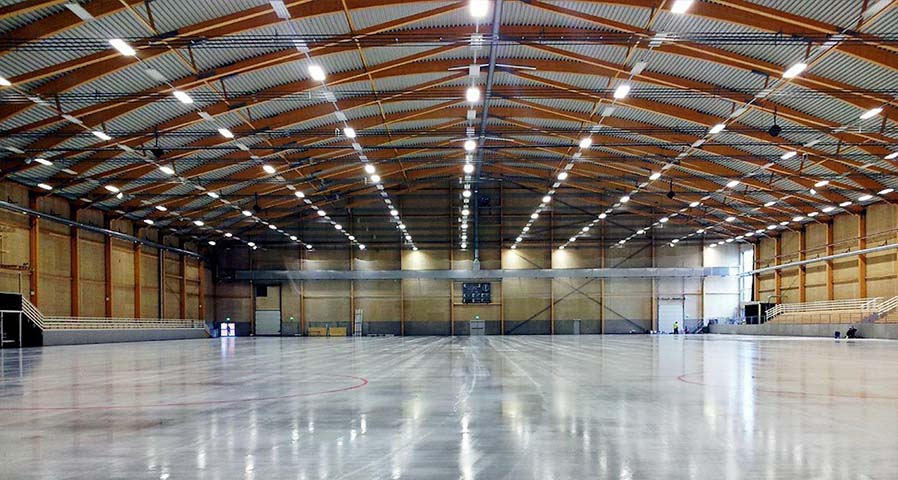








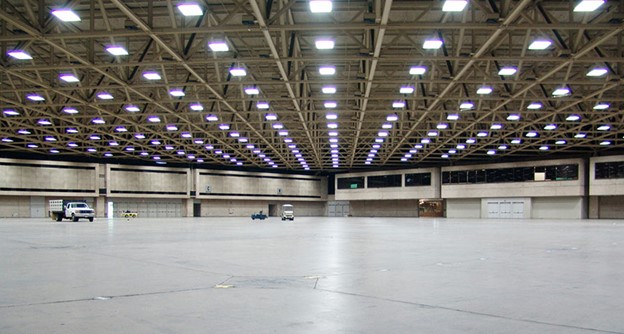


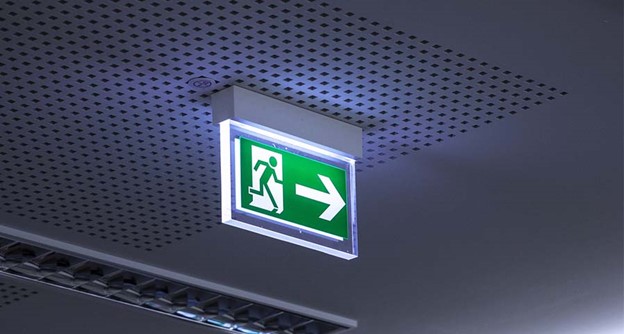
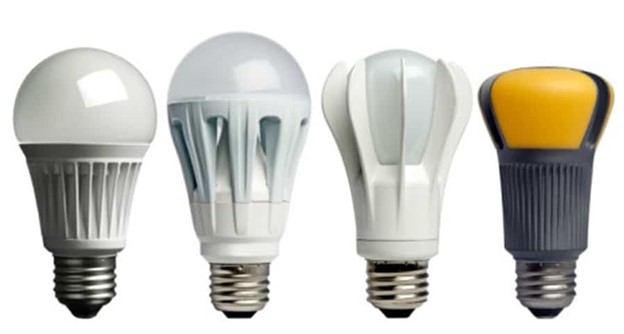
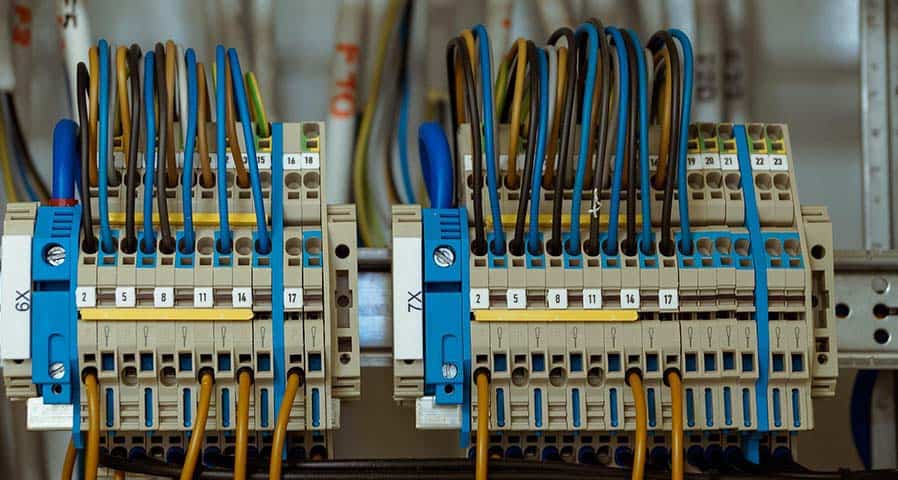
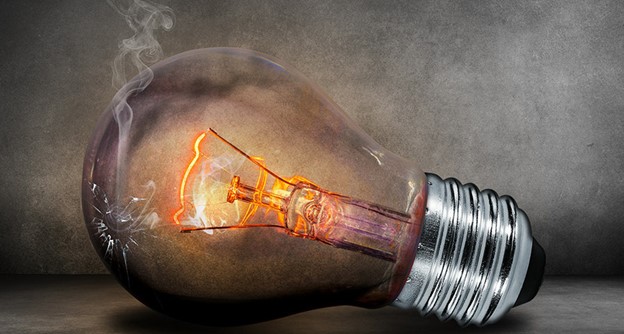


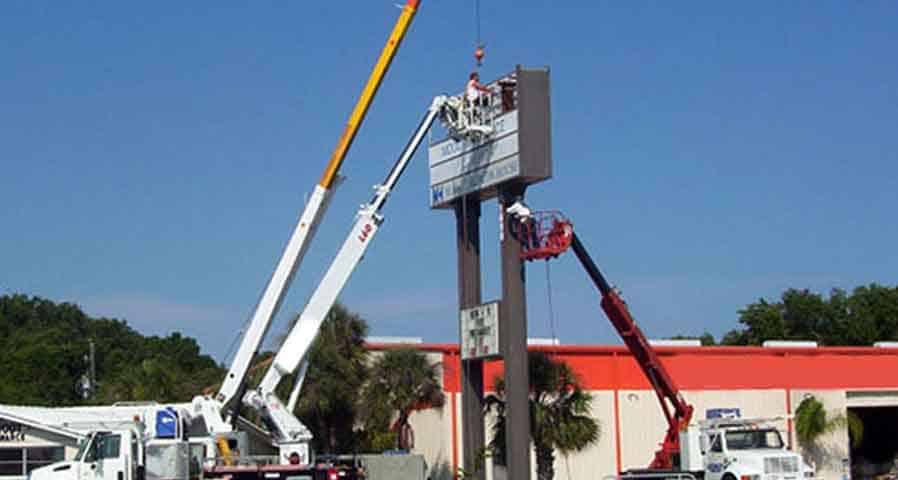

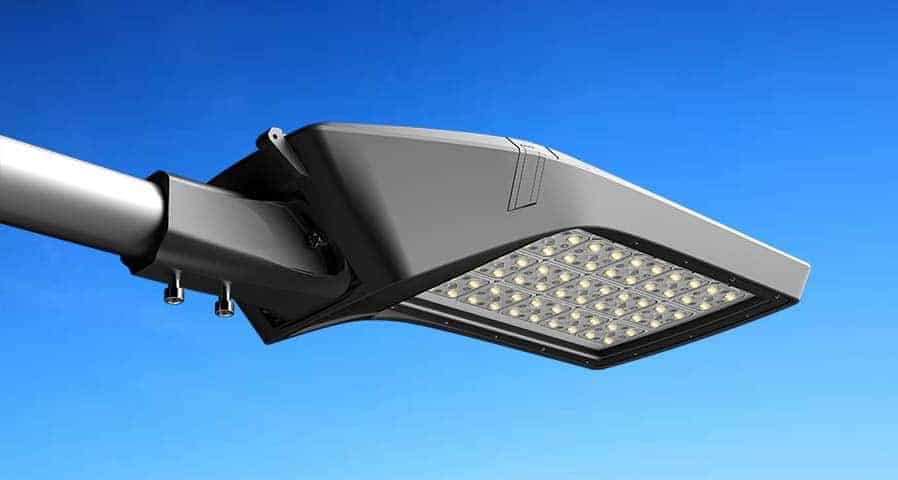
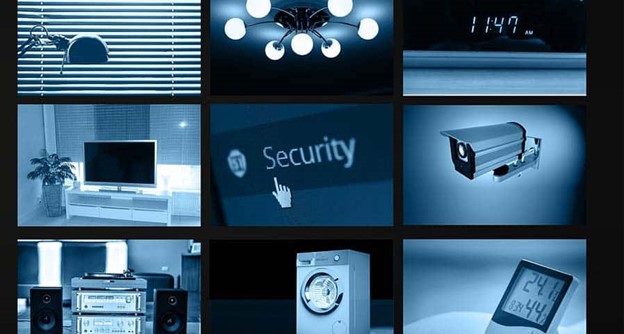

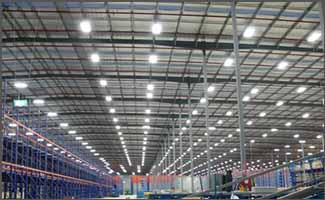




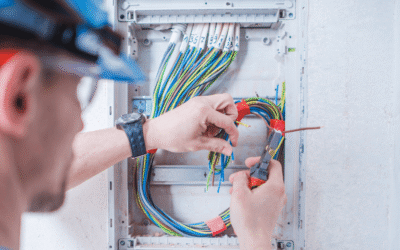



0 Comments